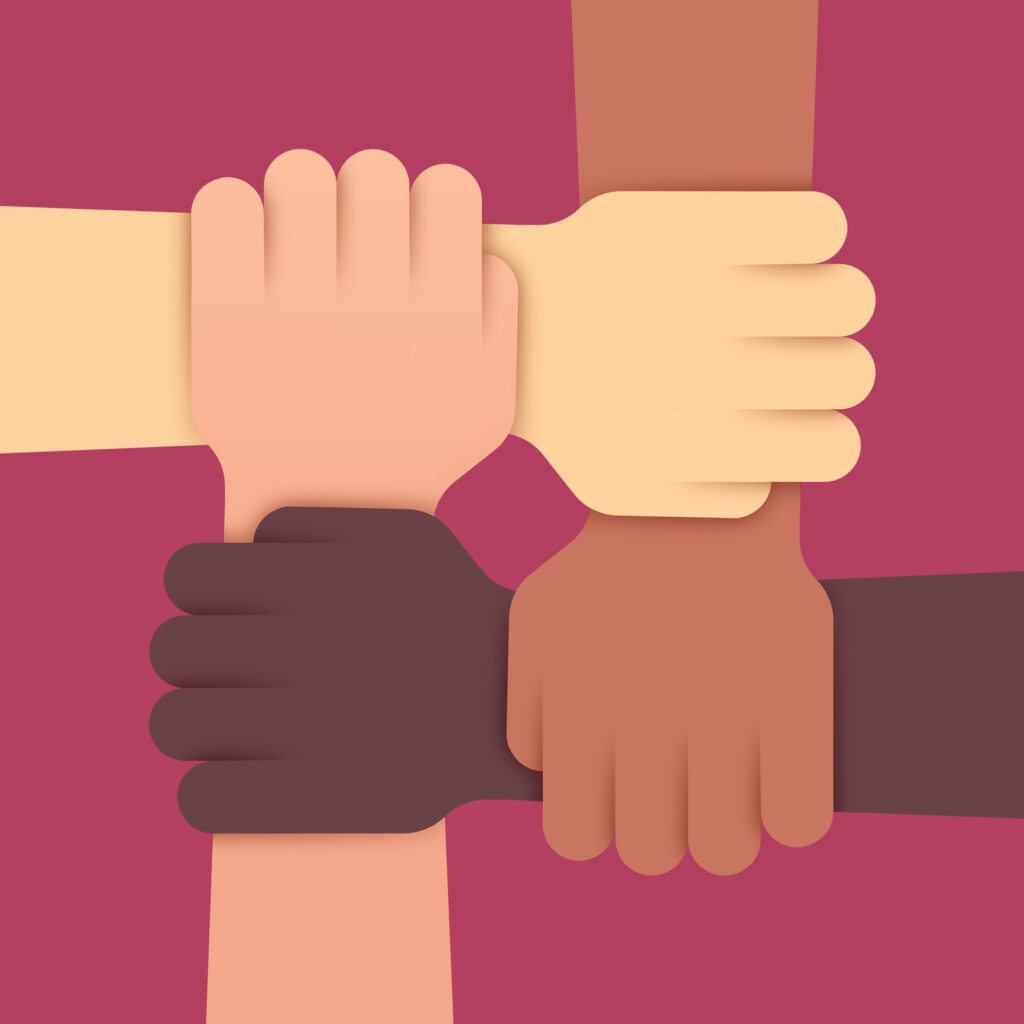By David, Marketing Manager, Payer Relations & Clinical Marketing
“We hold these truths to be self-evident, that all men are created equal.”
–Thomas Jefferson, Declaration of Independence
“A system cannot fail those it was never intended to protect.”
W.E.B. Du Bois
The right to vote has been under assault for most of this country’s history. In 2013, the Supreme Court handed down a decision in Shelby County vs. Holder that effectively left the Voting Rights Act of 1965 toothless. Chief Justice John Roberts cavalierly declared the blight of racism in America outdated. Just this week, the Court, in a 5-4 decision on a case from Alabama that saw Chief Justice Roberts side with the more liberal wing of the Court, laid waste to another provision of the Voting Rights Act—the ban on racial gerrymandering.
There are many conflicts between the narrative of American history and American political reality, but the two quotes above, both from distinguished American figures and thinkers, represent a crossroads. The premise of the first too often overshadowed by the reality of the second.
Of course, Jefferson was not speaking about all men per se. He was speaking about white male property owners in the late 18th century. Jefferson and the framers of the Constitution trusted these individuals with the right to vote and the stewardship of a young Republic. Women certainly could not be trusted with the herculean responsibility of voting. People of color and native peoples, if fortunate enough to be unshackled from chattel slavery or able to hold on to meager tracts of traditional land, were deemed not worthy of matters of such importance.
The United States fought its bloodiest war over the issue of slavery. Sure, sectional strife couched the debates of antebellum America, but the origin of conflict was inextricably rooted in the divergent economies and interests created by the South’s “peculiar institution.” The end of the Civil War ushered in the hope of the 13th Amendment, which freed nearly four million slaves, followed by the 14th and 15th Amendments, granting African Americans citizenship and the right to vote. In 1870, Hiram Revels arrived in Washington, D.C. as the first Black Senator. Jefferson’s 1776 declaration seemed within grasp.
The allure of power, naked racism and the familiar nativist fears that still swirl among us today rendered the experiment of Reconstruction and a more equal and representative body politic a colossal failure, plunging the Deep South into a violent century of Jim Crow laws and segregation. Even as the suffrage movement secured the right to vote for women, and African Americans were technically enfranchised, the act of voting spurned a violent response, and much of the country seemed content to live in a “separate but equal” society.
The storied fight for civil rights—often bloody and ruthless—again delivered the promise of a renewed faith in the aspirational principles of the United States; that all are created equal with the unalienable rights of self-determination. The work of Dr. Martin Luther King, Jr., Rosa Parks, Ella Baker, Whitney Young and John Lewis, just to name a few, is memorialized in blood and bullets. Today, if we take one step backward from their promise, it is one step too far.
Too many have shed their blood and lost their lives fighting for the promise of equality and the right to the ballot. The responsibility now lies with us to ensure the struggles of the past were not fought in vain.
“Our lives begin to end the day we become silent about things that matter”
–Dr. Martin Luther King, Jr.





















